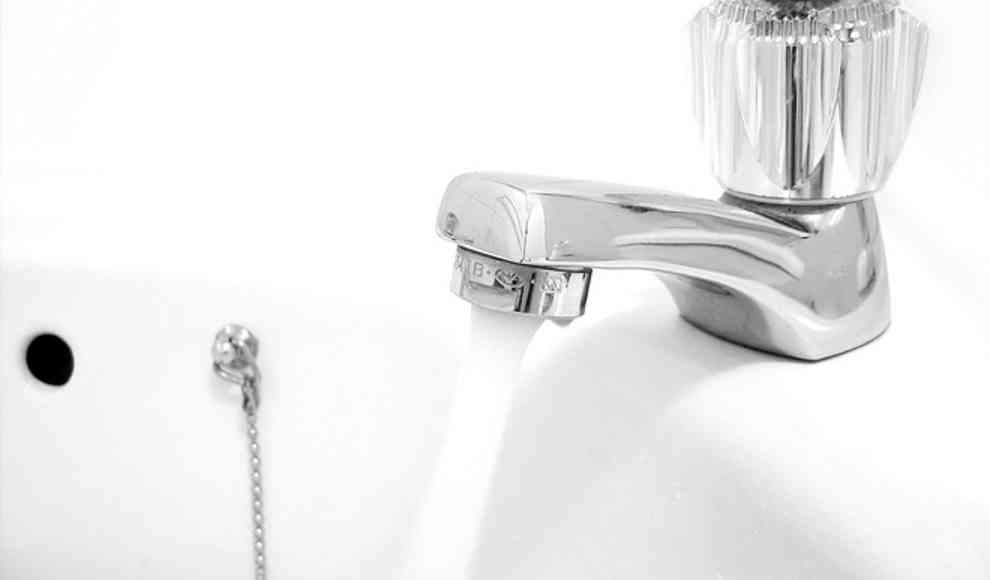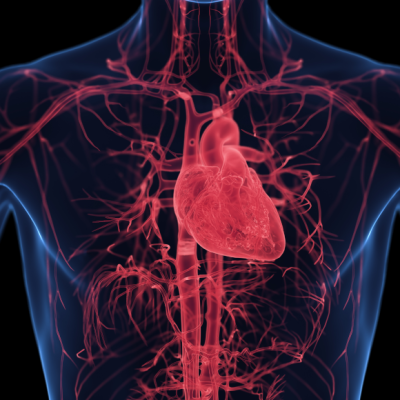Germany’s groundwater is becoming increasingly contaminated, with the concentration of wastewater-dependent substances in groundwater near rivers and lakes on the rise. Studies conducted by the Jacobs University Bremen have revealed an anomalously high concentration of the contrast agent gadolinium in parts of Berlin, as well as in the Rhine and Ruhr regions. Professor Michael Bau, a geochemist, has been investigating the development of groundwater pollution for years with his research group. His pilot studies at Jacobs University in Bremen have shown the occurrence of anthropogenic gadolinium in large parts of Germany, particularly in water-rich areas such as the Rhine and Ruhr. Gadolinium, a rare earth metal, is used as a contrast agent in magnetic resonance imaging (MRI). After medical use, it is excreted in patients’ urine and enters wastewater. Treatment plants cannot adequately filter or completely break down this component, allowing gadolinium and other drug residues to enter the water supply cycle. This not only pollutes groundwater but ultimately leads to contamination of the oceans.
Although the population is not exposed to acute health risks due to gadolinium contamination, the presence of this metal residue is a clear indication of the increasing and extremely worrying pollution of our environment. Gadolinium is an example of how treatment plant mechanisms do not function without residue and how medical and cosmetic residues can enter groundwater. Even lower levels of contamination can lead to health problems. Professor Michael Bau cites the catchment areas of the Rhine (such as Düsseldorf and Cologne, Rüsselsheim, Koblenz, Bonn, Leverkusen) and the Ruhr (such as Essen and Duisburg) or the western part of Berlin as examples of contamination. The researchers were able to document the increasing concentration over several years.
The contamination of groundwater is a serious issue that requires immediate attention. The findings of the studies conducted by the Jacobs University Bremen highlight the need for better wastewater treatment and stricter regulations to prevent the pollution of our environment. It is essential to take action now to protect our water resources and ensure the health and well-being of future generations.










